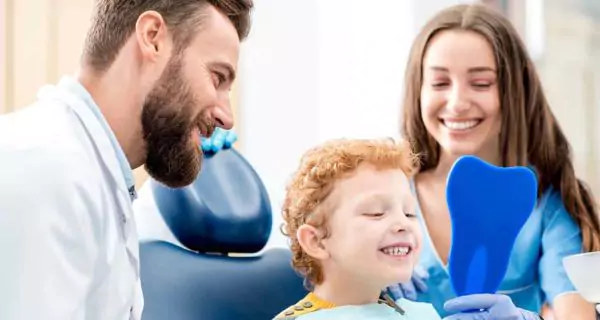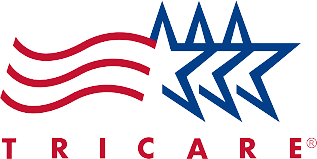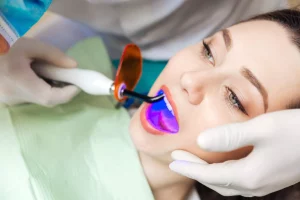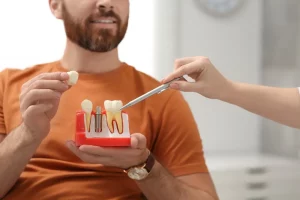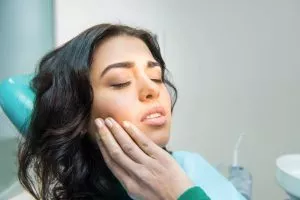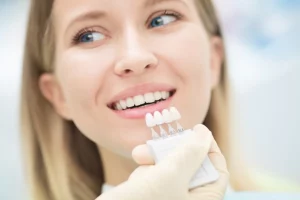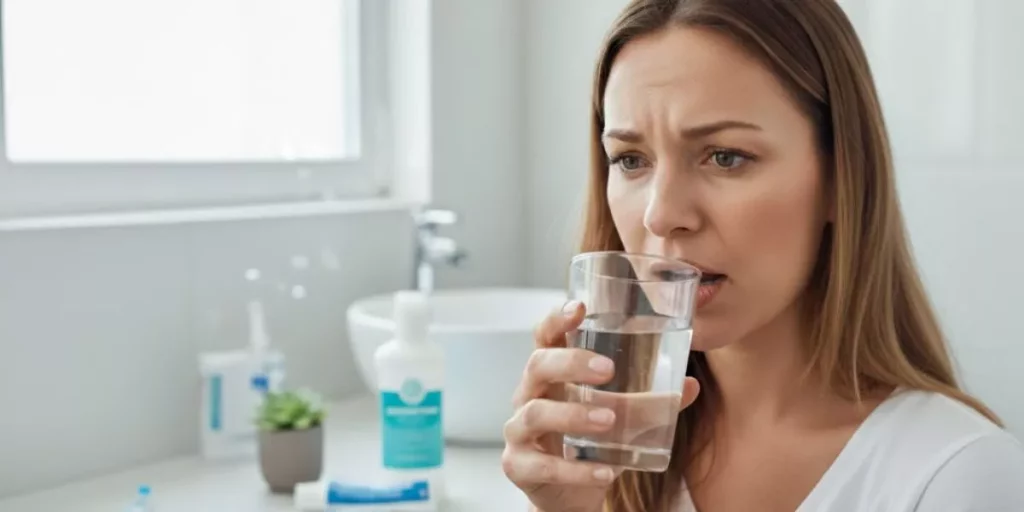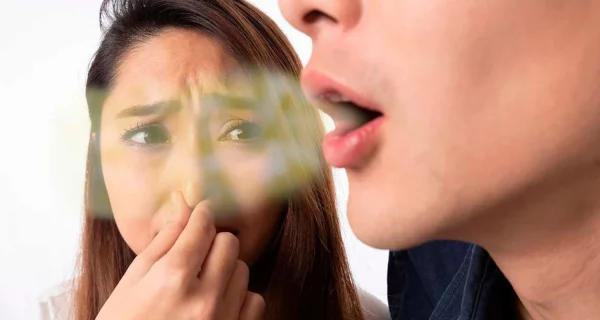Last Updated on: 4th December 2024, 12:21 pm
Savoring food, chewing, and swallowing it without difficulty have a very close relationship with the amount of saliva produced in the mouth. Here the well-known adage applies: all extremes are vicious. If you have little saliva and a dry mouth, it is not the normal condition. In some circumstances, you may wonder: why does your mouth produce so excessive saliva? This is a situation known as hypersalivation. This is the opposite condition of a dry mouth.
What is Saliva used for?

Saliva is produced in the salivary glands. Every day, a person produces between 0.75 liters and 1.5 liters of saliva. Production peaks at the time of consuming food and reaches its lowest level during sleep.
Saliva moistens food, has antimicrobial action, maintains the integrity of the oral mucosa, remineralizes the oral cavity, and helps in food intake, making it easier to swallow. In addition, it has enzymes that aid digestion. It is also useful for healing wounds, prevents dry mouth, and is a barrier to irritants and toxins.
What is Hypersalivation?
This is the excessive saliva production associated with muscle control. It is also called sialorrhea or ptyalism. Excess saliva accumulates and comes out involuntarily through the lower lip, i.e., drooling. Drooling is normal in the first two years of life, a stage in which the control of the muscles near the mouth has not yet developed. In other phases of life, it is an indicator that it is necessary to review the problem and find the cause.
Sialorrhea can be constant, intermittent, temporary, or chronic. This depends upon what generates it. It is a symptom of an underlying health situation that can be linked to a common and easily treated cause, perhaps even a complex health condition. If the hypersalivation is the consequence of an infection, the excessive production of saliva is a reaction to eliminate bacteria, and it will disappear when this health condition resolves. Oscar Castro Reino, President of the General Council of Dentists of Spain, points out that hypersalivation is more common in people diagnosed with neurodegenerative diseases.
Causes of Excessive Saliva Production

Different causes can lead to hypersalivation; they may be related to a temporary event or to another condition that requires treatment for a certain period.
Excessive saliva production, or sialorrhea, can be caused by seeing, smelling, or tasting food. Some people produce too much saliva when thinking about certain foods, a situation popularly expressed as “I taste”, “I pass saliva”, and/or “the mouth waters”. It also occurs when eating foods high in citric acid or sugar, and chewing gum.
Other Causes Linked to Hypersalivation are:
- Poor oral hygiene
- Swollen adenoids
- Consumption of some medications (anticonvulsants and tranquilizers)
- False teeth and/or removable prostheses
- Difficulty keeping the mouth closed is associated with impaired neuromuscular control
- Pregnancy and nausea are typical of pregnancy
- Autism
- Stroke
- Parkinson’s disease
- Amyotrophic Lateral Sclerosis (ALS)
- Down Syndrome
- Exposure to toxins, such as mercury
- Fracture or dislocation of the jaw
- Inability to swallow or eliminate saliva
- Infections in the throat, the paranasal sinuses, and tonsillitis
- Being infected with rabies or tuberculosis
- Cerebral palsy
- Facial nerve palsy
- Bites from poisonous spiders, reptile venom, and poisonous mushrooms
- Chronic acid reflux (GERD)
- Ulcers or inflammation in the mouth.
Other factors that can affect excessive salivation are:
- Constantly open mouth.
- Enlarged tongue or inadequate mobility of the tongue
- Poor control of the head and lips.
- Malocclusion (dental misalignment)
- Nasal obstruction
- Altered tactile sensation
What are the Effects of Hypersalivation?
Hypersalivation may be the consequence of a chronic disease that affects and impairs muscle control. If it is not treated adequately and promptly, it causes difficulty in speaking clearly and in ingesting food and drinks without choking. Plus, the sense of taste is reduced, among other effects.
A person with sialorrhea is more likely to inhale saliva, food, or fluid into the lungs, which is colloquially described as going the old way, which can lead to aspiration pneumonia. You are more likely to face this situation when your gag and cough reflexes are impaired.
How is Hypersalivation Diagnosed?
The objective of the diagnosis is to identify the root of the problem,\ or the underlying cause that generates excess saliva, and later prescribe the appropriate treatment.
Diagnosis is very important, as some of the possible causes may entail careful handling.
In cases of chronic hypersalivation, symptom management is a key factor.
Some of the symptoms that are recorded due to excessive saliva production are:
- Damage to the skin near the mouth.
- dehydration.
- Skin infections near the mouth
- Chapped (split) lips
- Bad breath.
In the diagnostic stage, tests may be required:
- Tonsils and nasal airways.
- Mouth, teeth, and surrounding skin.
- Control of the tongue.
- Swallowing capacity and jaw stability
- Emotional state
- Hunger, hydration, and head posture.
Other criteria that must be taken into account in the diagnosis:
- Amount of extra saliva that is produced.
- Pre-existing health conditions.
- Adverse effects in daily life
- The moment in which excessive salivation is recorded.
- Constant or intermittent hypersalivation
- Medication of ongoing treatments.
Excess Saliva Treatment

Treatment focuses on the underlying health condition causing hypersalivation and on controlling or reducing its immediate effects.
Treatment may include therapies, medications, or home remedies, depending on the cause of the excessive salivation. You can also incorporate behavior changes, speech therapy, posture and head control, lip-locking techniques, and improved tongue control.
Medication to reduce saliva production and anticholinergic medications may be prescribed, but they will manifest various side effects: drowsiness, irritability, restlessness, constipation, urinary retention, hot flashes, and blurred vision.
Cases of chronic hypersalivation require specific treatment, depending upon the health condition that generates excessive saliva production.
In temporary cases it is possible to resort to home remedies:
- Drinking a lot of water can reduce saliva production.
- Limit consumption of acidic and sugary foods.
- If the cause is a cavity or oral infection, the treating physician will refer the case to a dentist.
- Regular brushing helps reduce inflammation of the gums, which may be the trigger for excessive salivation.
- Using an alcohol-based mouthwash helps stabilize the moisture level in your mouth.
Botox injections are another alternative. This substance causes muscle paralysis and causes the salivary glands to stop producing saliva. The effect will disappear a few months later.
If it is an extreme case, the treating physician may recommend surgery to remove the salivary glands or relocate them to facilitate the passage of saliva through the back of the mouth.
An alternative to surgery is radiation therapy, which relieves hypersalivation and causes dry mouth.
Although sialorrhea is not a disease but a symptom of a health condition, it is a situation that requires diagnosis promptly. If it is a temporary circumstance, it may be treated with simple therapies, but it could require complex treatment that goes beyond home care.
Contact us
If you have any questions about this or other topics, you can contact us at Channel Islands Family Dental as well as our page on Facebook. We look forward to your visit and we will make a timely diagnosis. Our dentists in Oxnard, Santa Paula, Ventura, Newbury Park, and Port Hueneme will be able to guide you toward the best treatment to take care of your health and give you back your best smile.
Bibliography
- Buff, Sheila (September 2019). What is Hypersalivation and How Is It Treated? / Healthline.com / Retrieved December 20, 2022, from https://www.healthline.com/health/dental-and-oral-health/hypersalivation
- Cisneros-Lesser, Juan Carlos, Sabas Hernández-Palestina, Mario. (January 2017) Treatment of the patient with sialorrhea. Systematic review / medigraphic.com / Retrieved on December 20, 2022, from https://www.medigraphic.com/pdfs/invdis/ir-2017/ir171c.pdf
- Cleveland Clinic (February 4, 2022) Drooling / my.clevelandclinit.org / Retrieved December 20, 2022, from https://my.clevelandclinic.org/health/symptoms/22384-drooling
- Lorca, María (May 2017). Treatment of Sialorrhea and Analysis of Trace Elements in Saliva in Patients with Mental Disabilities / University of Murcia – Faculty of Medicine / Retrieved on December 20, 2022, from https://www.tdx.cat/bitstream/handle/10803/462244/TMLL.pdf
- Roca, Adriana (October 2022) Hypersalivation: what it is and how to cure it. Antena3.com / Retrieved on December 20, 2022 from https://www.antena3.com/novamas/vida/hipersalivacion-que-como-cura_20221004633c06b1ed945b0001dc5c1a.html
- Sissons, Claire (November 2022). What can cause spots on the tongue? / Medicalnewstoday.com / Retrieved December 20, 2022, from https://www.medicalnewstoday.com/articles/321891
- Tapia, Sara, Chana, Pedro, Araneda Oscar et al (September 2014). Management of sialorrhea in people with Parkinson’s disease through conductive behavioral therapy and thermo-tactile stimulation. Chilean Journal of Neuro-psychiatry, Vol 52, No. 3 / scielo.cl / Retrieved on December 20, 20222 from https://www.scielo.cl/scielo.php?script=sci_arttext&pid=S0717-92272014000300003

